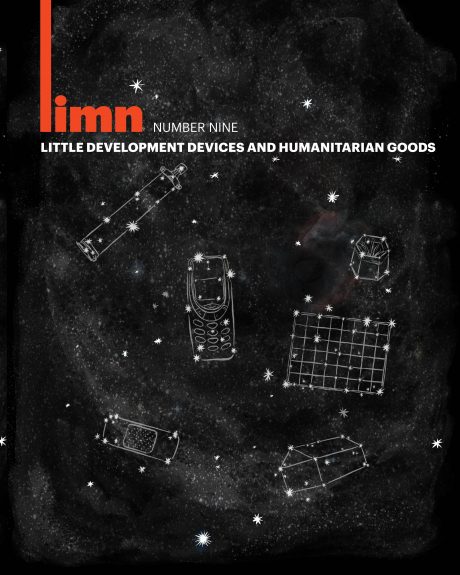This issue of Limn examines the recent profusion of micro-technologies in the worlds of humanitarianism and development, some focused on fostering forms of social improvement, others claiming to alleviate suffering, and many seeking to accomplish both. From water meters, micro-insurance and cash transfers, to solar lanterns, water filtration systems, and sanitation devices, examples proliferate across the early 21st century landscapes of international aid. Although small-scale endeavors are far from novel, today these devices are animated by different intellectual and moral energy, drawing on novel financial and organizational resources. Many blur distinctions between public and private interests, along with divisions between obligations, gifts and commodities. At the same time, they entail novel configurations of expertise, political obligation and forms of care. The articles in this issue explore these new convergences of developmental and humanitarian projects, alongside reworked relationships between experts, governments, and purported beneficiaries, focused on fostering “participation” and “partnerships” rather than nation-building.
In this issue:
-
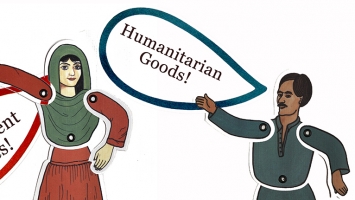
Preface: Little Development Devices / Humanitarian Goods
-
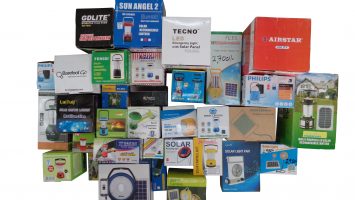
Solar Basics
-
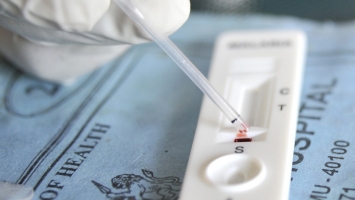
Deep Diagnostics
-

On Band-Aids and Magic Bullets
-
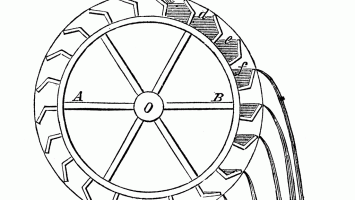
Humility and Hubris in Hydropower
-
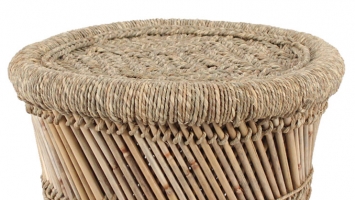
Microfinance as a Credit Card?
-

EXCREMENTA I: Welcome to Excrementa
-
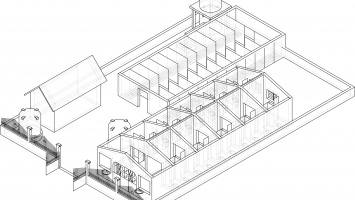
EXCREMENTA II: The Legitimizing Model
-

EXCREMENTA III: The Leader in Upscale Sanitary Solutions?
-
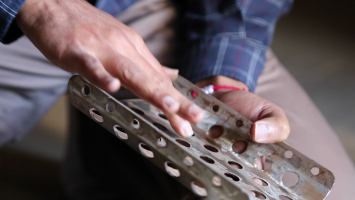
The Humble Cookstove
-
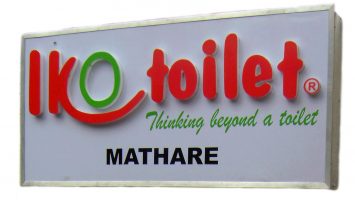
“Water is life, but sanitation is dignity”
-
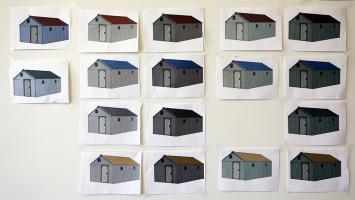
A Slightly Better Shelter?
-
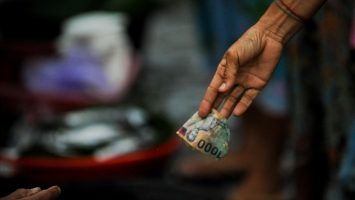
Governing Development Failure
-

Rational Sin
-
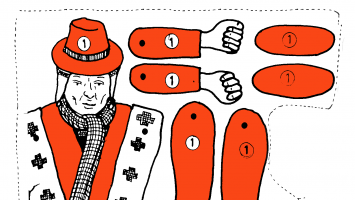
The Participatory Development Toolkit
-
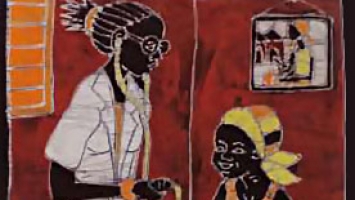
Demanding Mobile Health
-
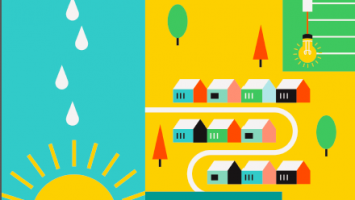
Iterate, Experiment, Prototype
-
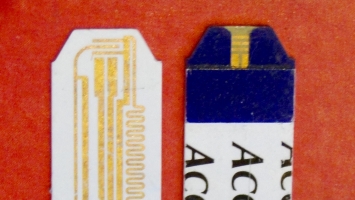
Glucometer Foils
-

Customer Care
